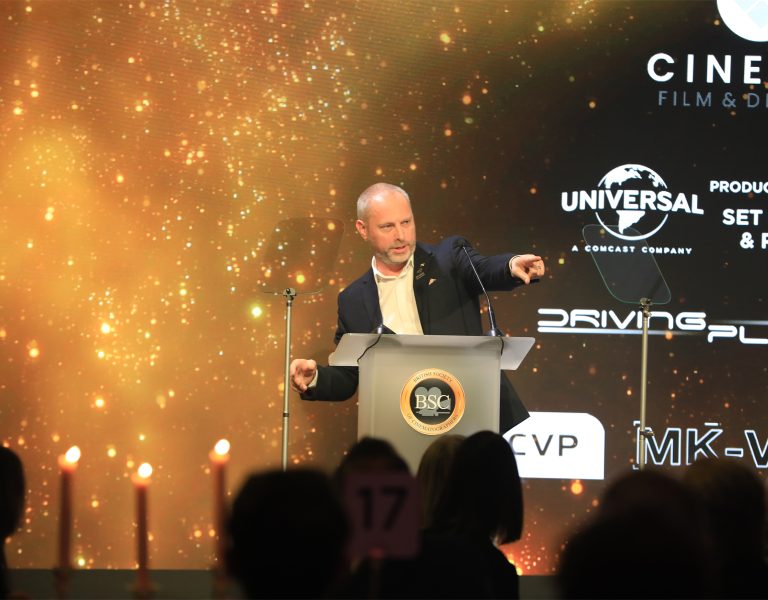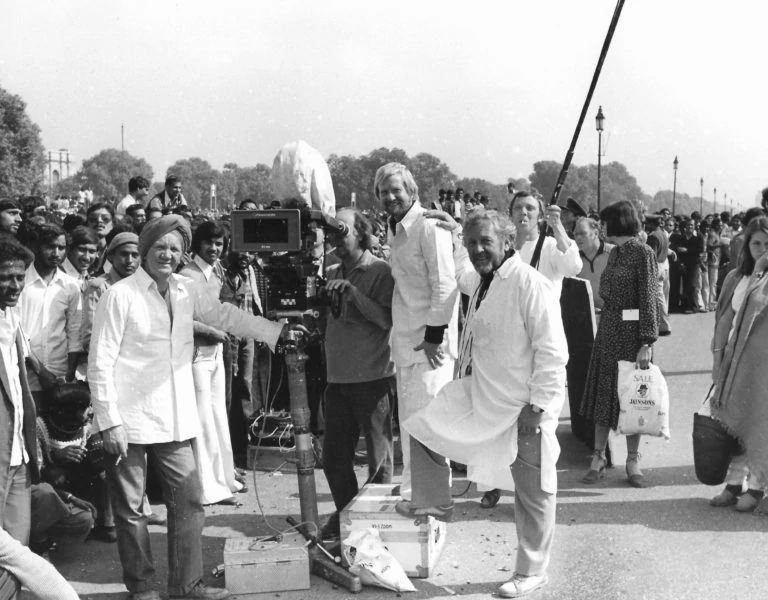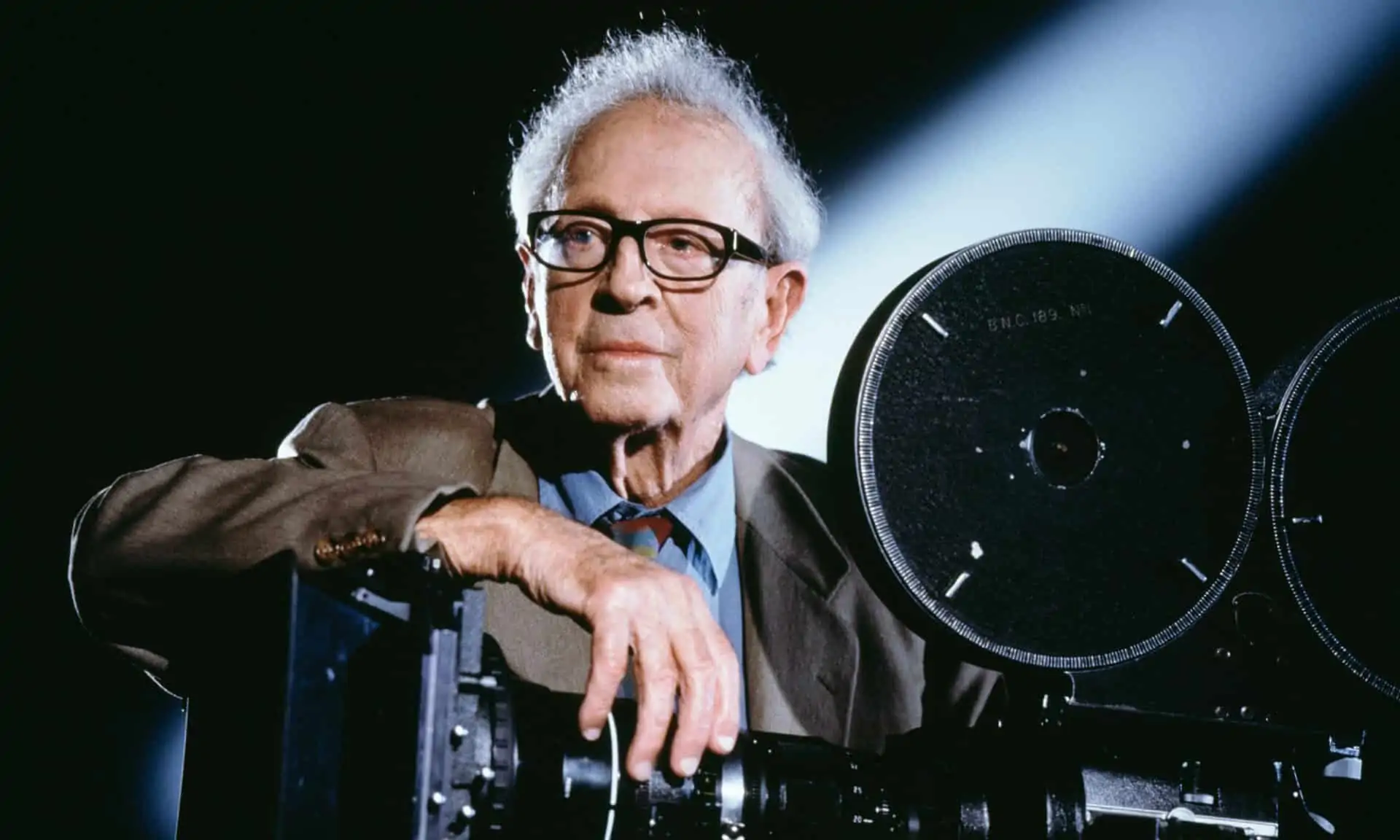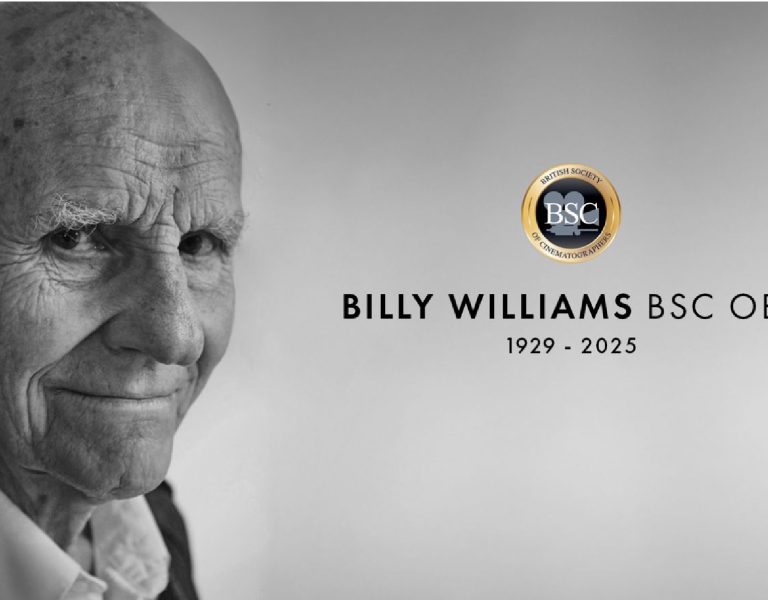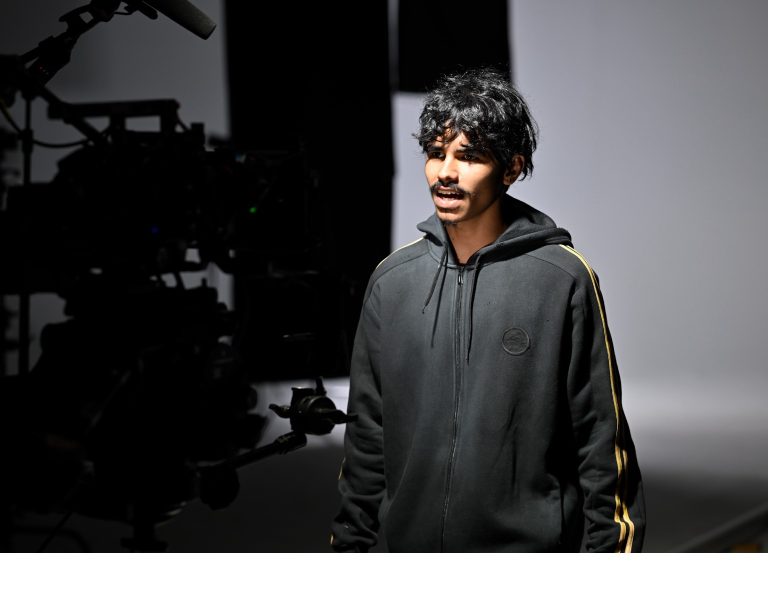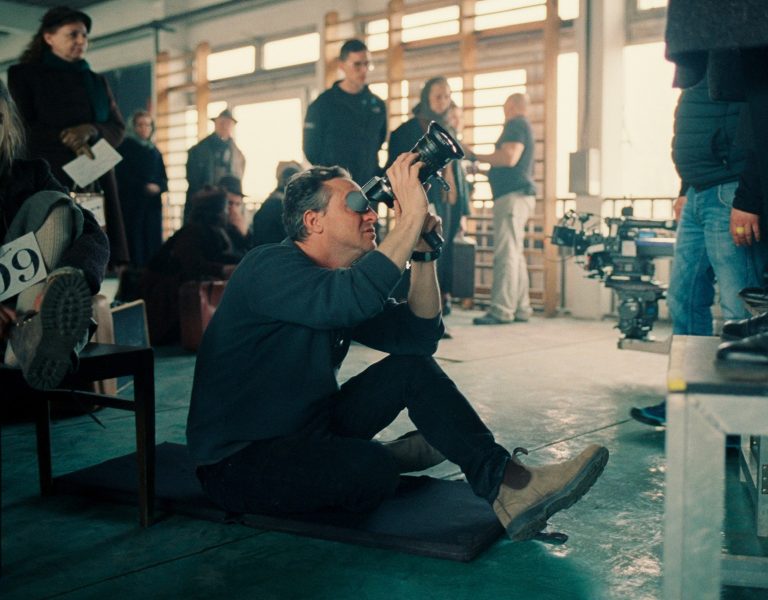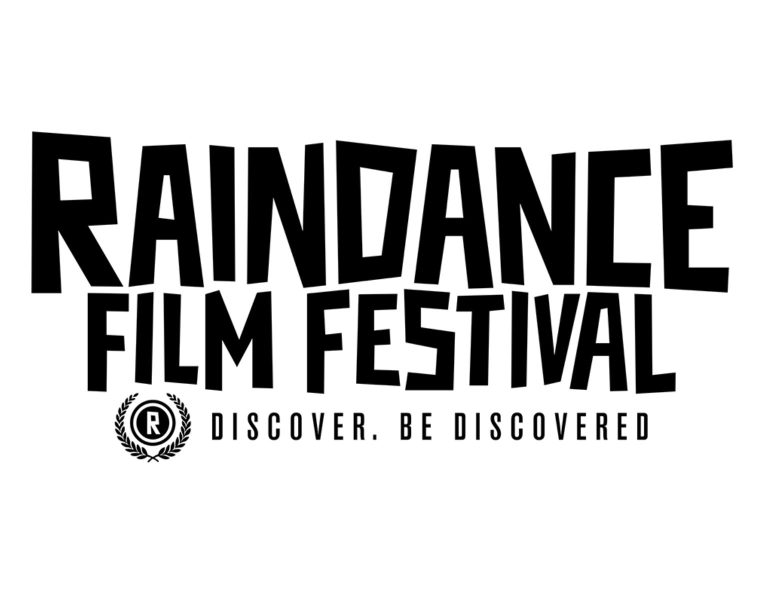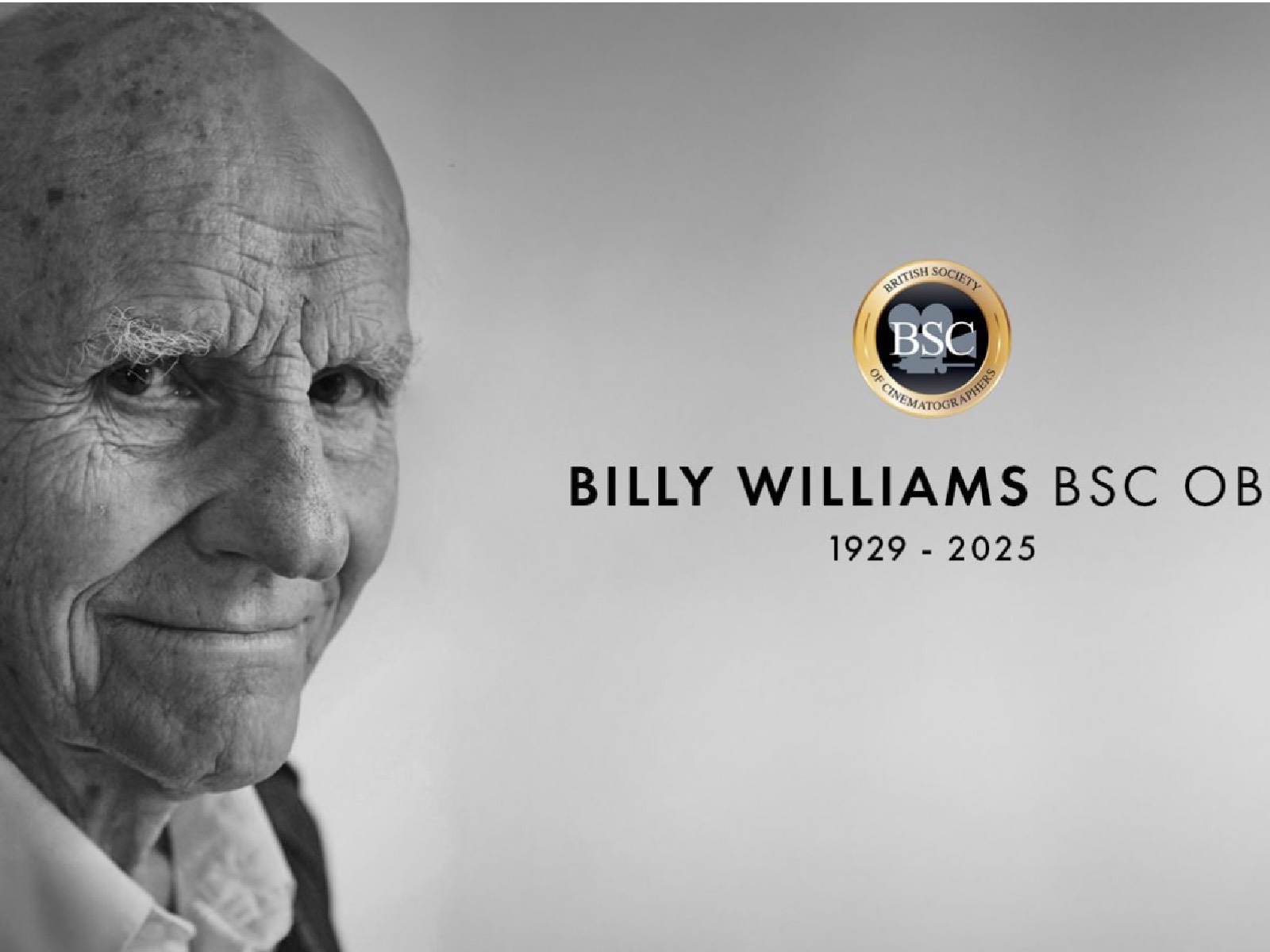
Born in 1929, Billy’s father was a cinematographer and he grew up surrounded by cameras, lenses and the paraphernalia of filmmaking. Leaving school at 14, having failed the 11 plus, his father offered him an apprenticeship, although his mother hoped for something grander, like a job in the city.
His father mostly shot documentaries and short films and Billy travelled with him making general interest pictures, including a spell living under canvas in East Africa, which he describes as ‘a wonderful Boy’s Own adventure!’
When he was 18, he spent two years National Service as a photographer in the RAF and once demobbed, got a job with British Transport Films. He stayed for five years as an assistant cameraman, together with other assistants who went on to become DPs: Bob Paynter BSC and David Watkin BSC. ‘It was a great learning environment because we were working in all kinds of conditions.’
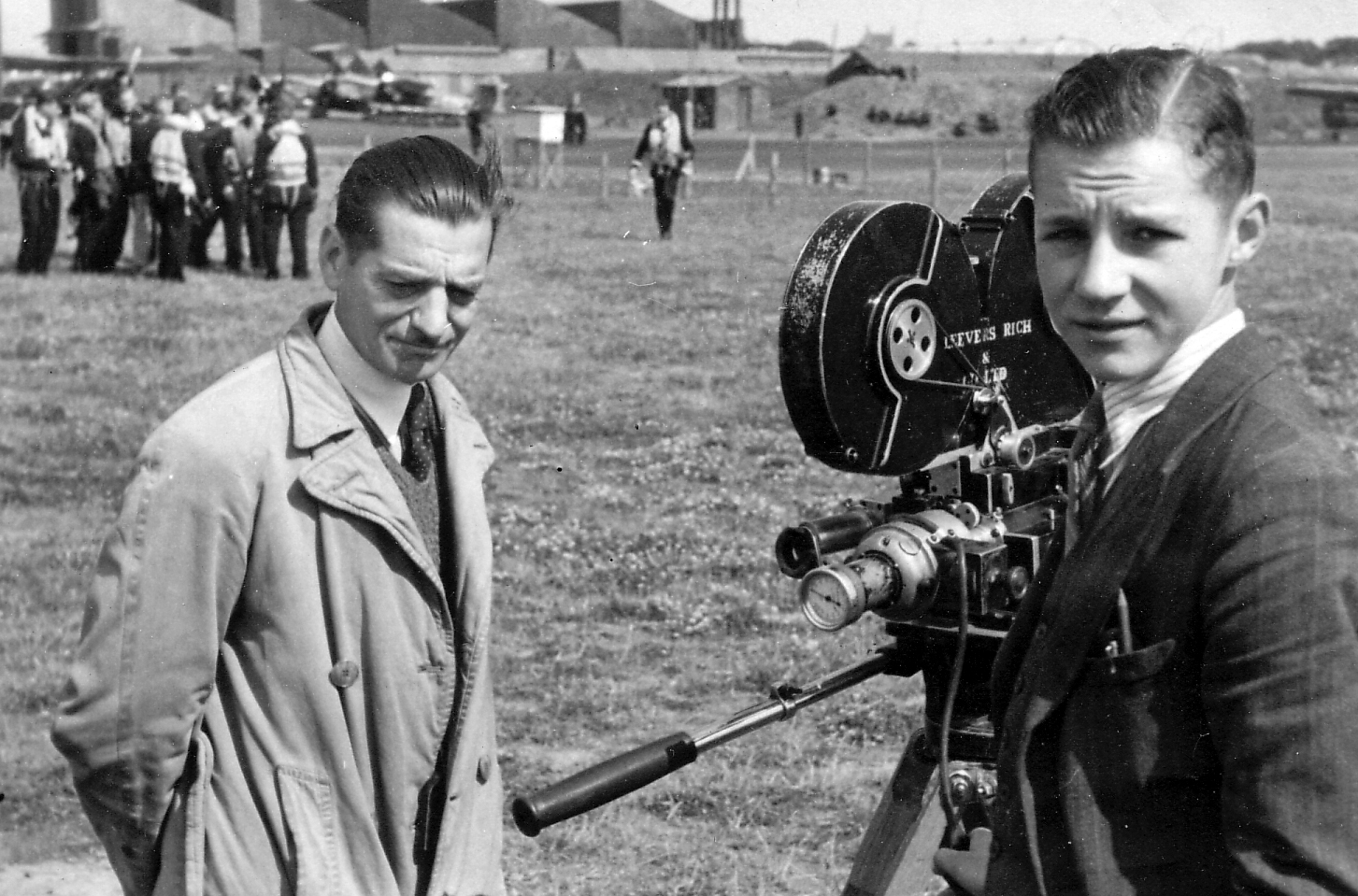
He eventually got a break as cameraman and spent his entire savings on an Arriflex IIC 35mm film camera and went off to Iraq to make a film sponsored by the Iraq Petroleum Company about the cultural history of Mesopotamia called Rivers of Time (1955 d. William Novik).
When commercial television arrived in the 1950s, Billy joined Television Advertising under the auspices of producer James Garrett. Beginning as an operator and then as the in-house DP, he met a lot of up-and-coming directors including Ken Russell, who offered him his first feature film Billion Dollar Brain (1967) with interiors to be shot at Pinewood Studios. Bert Easey BSC, who was then head of the Pinewood camera department, recommended the camera operator David Harcourt Associate BSC for the film, and they went on to work together for the next twelve years.
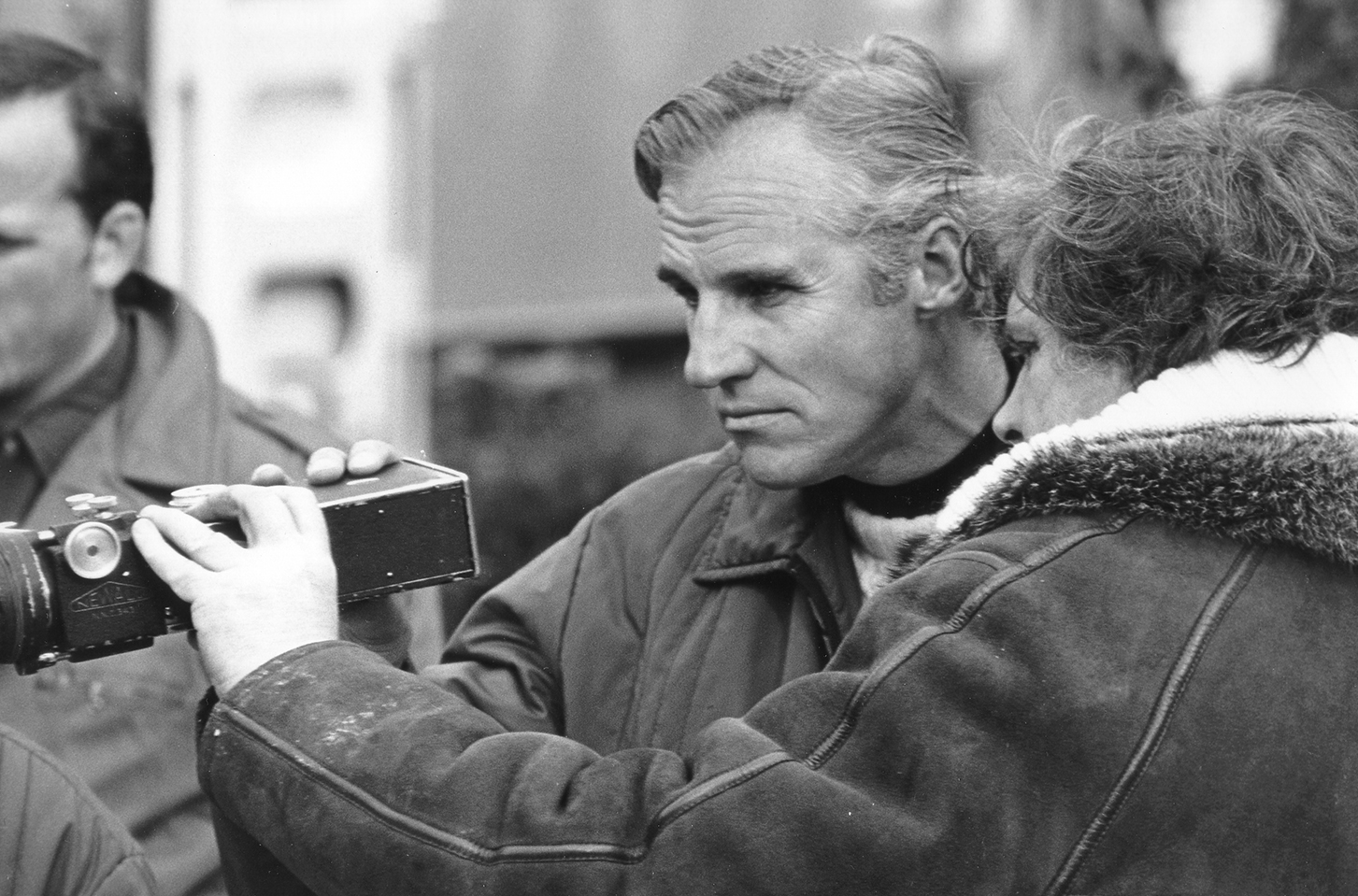
Working again with Ken Russell, Billy shot his most notable film, Women in Love (1969), winning Oscar and BAFTA nominations and international acclaim. He moved on to work with John Schlesinger on Sunday Bloody Sunday (1971), which earned another BAFTA nomination.
Whilst working on the John Milius film The Wind and the Lion (1975), he played the role of an English aristocrat who gets shot, after which he commented, ‘There’s more to acting than you think!’
On Golden Pond (1981 d. Mark Rydell) brought Billy his second Oscar nomination and the following year he finally won the Oscar for Gandhi (1982 d. Richard Attenborough), shared with Ronnie Taylor BSC. Other films include Voyage of the Damned (1976 d. Stuart Rosenberg), Saturn 3 (1980 d. Stanley Donen), Dreamchild (1985 d. Gavin Millar) and The Rainbow (1989 d. Ken Russell).
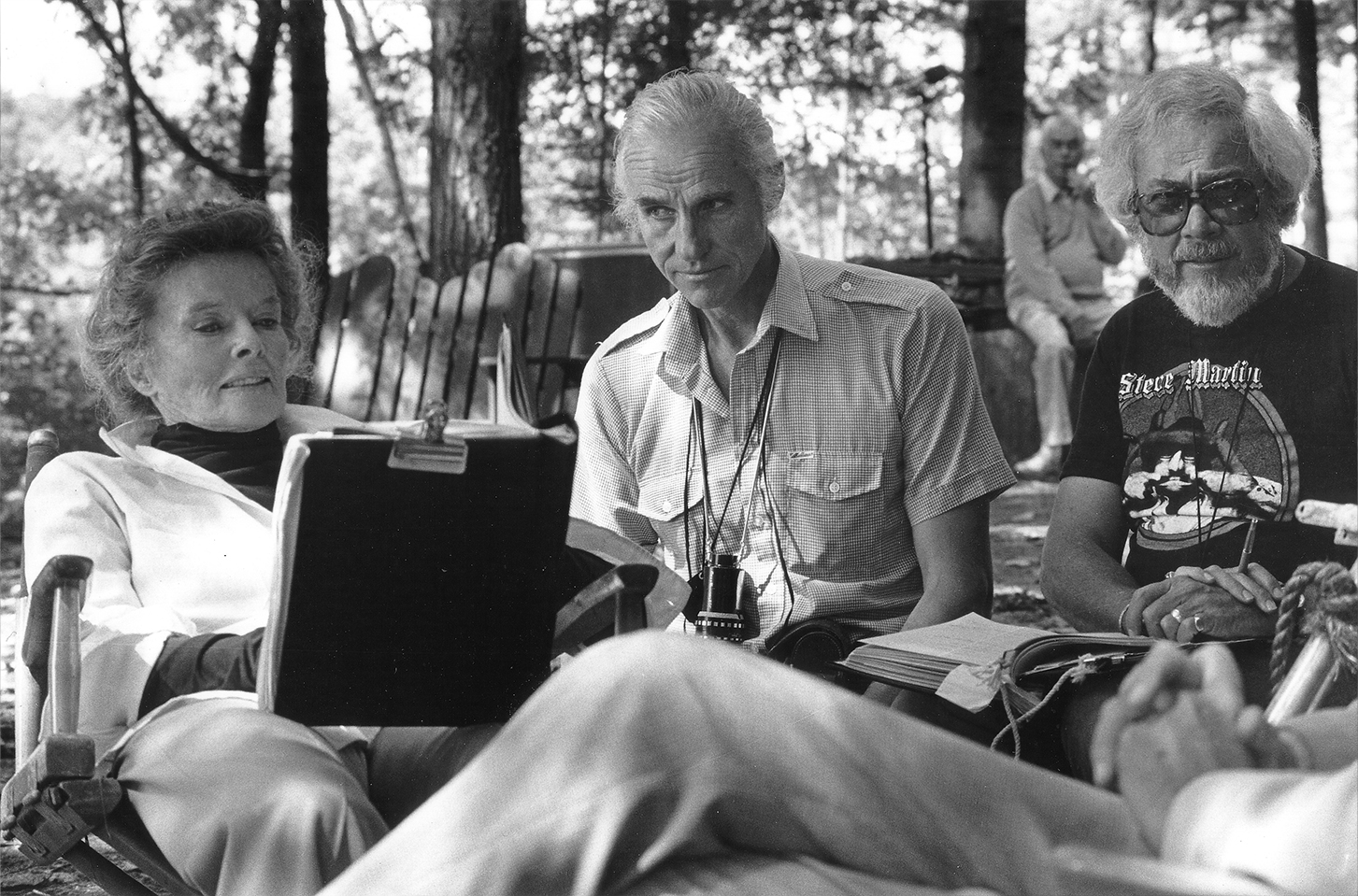
Billy retired in 2000 and now spends his time painting or teaching, often at the National Film and Television School. In 2015, Billy received a BAFTA Special Award given as a tribute to his career.
He became a member of the BSC in 1967 and served as President between 1975 and 1977.
OTHER CREDITS: Zee & Co, The Glass Menagerie, Voyage of the Damned, Eagle’s Wing, The Manhattan Project, Suspect
SELECTED AWARDS: BAFTA Film Award Nomination: The Magus (1968 d. Guy Green) OSCAR & BAFTA Film Award Nominations: Women in Love (1969 d. Ken Russell) BAFTA Film Award Nomination: Sunday Bloody Sunday (1971 d. John Schlesinger)
BSC Best Cinematography Nomination: Eagle’s Wing (1979 d. Anthony Harvey)
OSCAR & BSC Best Cinematography Nomination: On Golden Pond (1982 d. Mark Rydell)
BAFTA Nomination & OSCAR & BSC Best Cinematography Winner: Gandhi (1983 d. Richard Attenborough) shared with Ronnie Taylor BSC
CAMERIMAGE Lifetime Achievement Award 2000
ASC International Award 2001
BSC Lifetime Achievement 2006
International Cinematographers’ Film Festival Manaki Brothers Golden Camera 300 Lifetime Achievement 2009
Officer of the Order of the British Empire 2009
Hungarian Society of Cinematographers ‘Eternity’ Lifetime Achievement Award 2010
BAFTA Special Award 2015
